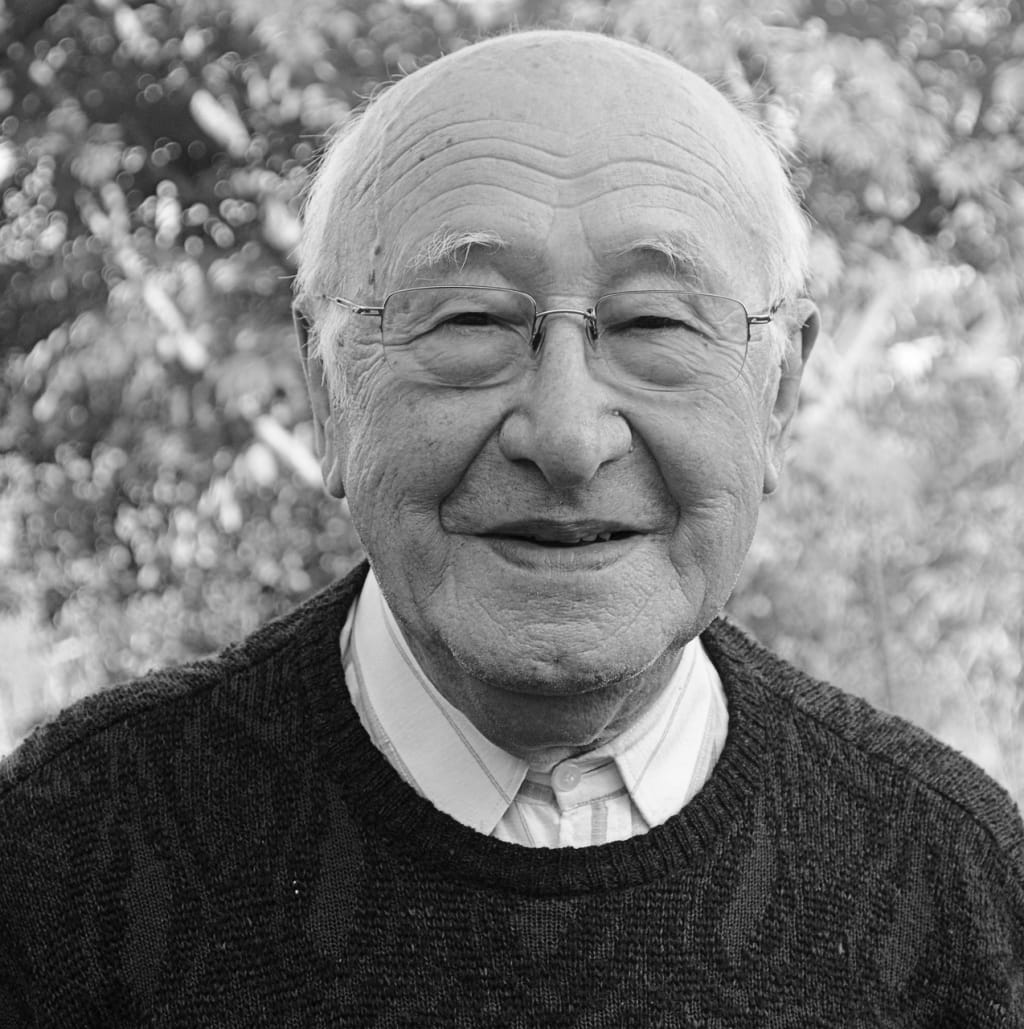Aging Can We Ever Slow it Down
Scientific Facts Revealed

Aging
Aging of humans and creatures is a perplexing, multi-layered natural cycle portrayed by the dynamic crumbling of physiological capabilities and an expanded vulnerability to sicknesses over the long haul. This mind boggling peculiarity is impacted by a mix of hereditary, ecological, and stochastic variables.
At the cell level, one unmistakable sign of aging heinous gathering of cell harm. This incorporates DNA transformations, oxidative pressure, and the shortening of telomeres, the defensive covers toward the finish of chromosomes. Over the long run, these sub-atomic changes debilitate the capacity of cells to separation and capability appropriately, prompting a decrease in tissue and organ capability.
The aging system is firmly connected to different fundamental changes. For example, there is a decrease in the proficiency of the safe framework, making people more powerless to diseases and less equipped for guarding against malignant cells. Furthermore, adjustments in hormonal guideline can bring about muscle misfortune, diminished bone thickness, and changes in digestion, adding to the actual fragility frequently connected with maturing.
In the two people and creatures, the cerebrum goes through critical modifications with age. Mental deterioration, a sign of maturing, can appear as memory disability and diminished handling speed. The gathering of strange proteins, like beta-amyloid in Alzheimer's sickness, assumes a part in these neurological changes.
While aging is a general peculiarity, the rate at which it happens shifts among species and people. Hereditary variables, remembering varieties for life span related qualities, can impact the pace of maturing. Moreover, natural factors like eating regimen, exercise, and openness to poisons can either speed up or decelerate the maturing system.
Research in the field of aging science plans to explain the basic systems of maturing and foster mediations to expand solid life expectancy, at last working on the personal satisfaction for the two people and creatures. Understanding the complexities of maturing is fundamental for tending to the difficulties presented by an inexorably maturing worldwide populace and upgrading our insight into key organic cycles.
Can We Ever SLOW it Down?
Analysts at the College of Michigan have found that the impression of yearning alone, instead of genuine food limitation, may slow maturing more precisely aging.
Their trials with flies showed that inciting hunger, either through dietary control or by actuating explicit neurons, prompted expanded food utilization and longer life expectancy.
Individuals resort to different measures from low-carb counts calories and intermittent fasting to surgeries and drugs like Ozempic as they continued looking for weight reduction. It's obviously true that controlling food consumption cultivates solid maturing across various species, people included. Presently, a new report from the College of Michigan recommends that the simple vibe of craving might actually decelerate the aging system.
Earlier examination has demonstrated the way that in any event, encountering the taste and smell of food can turn around the life-delaying benefits of dietary limitation, regardless of whether the food is really eaten.
These fascinating discoveries drove first creator Kristy Weaver, Ph.D., head agent Scott Pletcher, Ph.D., and their partners to analyze whether changes in the cerebrum that brief the drive to look for food could be behind longer life.
"We've kind of separated [the life-broadening impacts of diet restriction] from every one of the wholesome controls of the eating regimen that specialists had dealt with for a long time to say they're not needed," said Pletcher. "The impression of insufficient food is a dequate."
To do this, they prompted hunger in flies in more than one way. The first was to modify how much extended chain amino acids, or BCAAs, in a test nibble food and later permit t the flies to benefit from a smorgasbord of yeast or sugar food uninhibitedly.
Flies took care of the low-BCAA nibble consumed more yeast than sugar in the smorgasbord than did the flies took care of the great BCAA nibble. This sort of inclination for yeast over sugar is one mark of need-based hunger.
The analysts noticed that this conduct wasn't because of the calorie content of the low- BCAA nibble; as a matter of fact, these flies ate more food and more all out calories.
At the point when flies ate a low-BCAA diet forever, they likewise lived fundamentally longer than flies took care of high-BCAA consumes less calories.
To take a gander at hunger separated from dietary organization, they utilized a special procedure, enacting neurons related with the yearning drive in flies utilizing openness to red light, utilizing a method called optogenetics. These flies devoured two times as much food than did flies who were not presented to the light boost.
The red-light-enacted flies likewise lived essentially longer than flies utilized as a control. "We think we've made a kind of voracious craving in flies," said Weaver. "What's more, thusly, the flies lived longer."
Furthermore, the group had the option to plan the sub-atomic mechanics of craving to changes in the epigenome of the neurons in question — and to recognize that neurons answered the presence or non appearance of a particular amino acid in the eating routine. These progressions can influence the amount of explicit qualities communicated in the minds of flies and, thus, their taking care of conduct and aging.





Comments
There are no comments for this story
Be the first to respond and start the conversation.